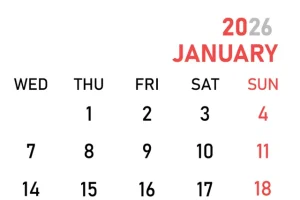Really, Where Are They Now?
Today, companies often wonder how to accurately determine where their customers and prospects are located as the location of an individual can have an impact on compliance considerations. In a recent Southern District of Texas decision (Cantu v. Platinum Mktg. Group), a plaintiff brought a company to court for alleged TCPA violations. The court determined that it lacked jurisdiction over the company. The court noted that district courts have gone back and forth on whether contacting a cell phone number assigned to a state, without more customer information, suffices to establish jurisdiction in that state when the call is in question for an alleged TCPA claim. The court concluded that a cell phone area code, unlike a landline, is not an accurate representation or the location of the customer due to cell phone mobility.
As discussed in a previous blog post, more than 90% of adult Americans own a wireless phone. As mentioned, going off of the phone number’s area code alone can cause issues when trying to determine a customer’s/prospect’s true location. Take for instance, a wireless phone holder in Georgia has held the same cell phone number for years and he/she decides to move to California and keep the same number. The area code on the wireless phone number would give no indication that he/she now resides in California.
Several issues could come into play if calling a customer who you believe is located in one state when the customer, in fact, lives in another. Such considerations that fall to the side can include:
- Calling Times
- State DNC List
- Specific State Disclosures
- State Do Not Call Exemptions (or lack thereof)
- Etc.
So how do we determine the location?
CompliancePoint believes that determining the location of the customer is best indicated by the address on file. This can be determined by something as simple as a state abbreviation or a zip code, when such information is collected.
Still need more? Try this:
Ensure both the customer address/zip code and phone number area code match. If they do, great! You’ve got a solid position as to why, in accordance with all information on file, your company performed due diligence to determine a location. If they don’t match, simply apply the more restrictive state’s rule. So, in the previous Georgia/California example the customer had a GA phone and a CA address. Therefore, the best practice would be to apply both GA and CA rules that apply to your company’s activities to ensure the most restrictive of the two states’ rules are adhered to.
Please feel free to reach out to consulting@compliancepoint.com for more information on the requirements related to this topic.
Finding a credible expert with the appropriate background, expertise, and credentials can be difficult. CompliancePoint is here to help.





